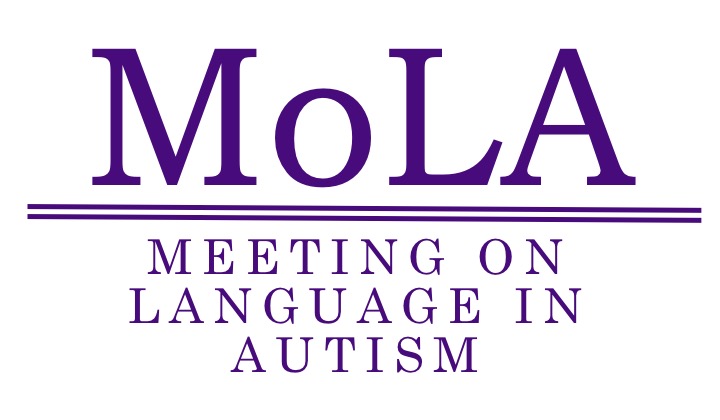Abstract Submission
The submission portal for MoLA 2026 is open! Please follow the link
below to submit your abstracts:
https://emory.infoready4.com/#freeformCompetitionDetail/1991833
IMPORTANT: Abstract submission is managed by InfoReady, an external
conference management system. When you first access the submission
portal, you will be asked to register and verify your email
address. After you register, you will be taken to a list of
conferences. You can either select MoLA from the list, or click on the
original link above again once you are logged in, which will take you
directly to the abstract submission form.
Deadline for submissions is 01 October 2025, at 11:59 pm Eastern Time.
You can learn about serving as a MoLA abstract reviewer here.
Scientific Abstracts
Abstracts on unpublished research are requested for brief oral or poster presentations. Abstracts should be no more than 500 words. Figures, title and references do not count towards the word limit.
Please submit abstracts as a single PDF with title, authors, and affiliations listed at the top. Abstracts should include background, objectives, methods, results, and conclusions. Up to one Figure/Table may be included but is not required. Please save file as first author’s name in format “Last_First”. If you are submitting more than one abstract as first author, please add a number (e.g., Tager-Flusberg_Helen_01).
The focus of this meeting is on the scientific study of the emergence, use, and nature of language in autism. Language impairment, though not a core symptom of autism according to the DSM-5, is one of the most important predictors of long term outcomes and independence. The study of language in autism also has the potential to inform our understanding of language itself, as we explore why some individuals have difficulties with certain domains of language while other domains remain fully intact. It is our goal to bring together researchers approaching questions of language in autism from a variety of backgrounds, topics and approaches. Some of these include:
Aspects of Language
- Speech Production and Perception
- Phonetics/Phonology
- Morphology
- Semantics
- Syntax
- Pragmatics
- Communication in Minimally Verbal Individuals
Approaches to the Study of Language
- Social communication to the extent that it informs questions about language.
- Development throughout the lifespan
- Modality – Spoken/Gestural/Augmentative and Alternative Communication (AAC)
- Clinical/Experimental/Naturalistic
- Comprehension and Production
For a list of Frequently Asked Questions, click here.
